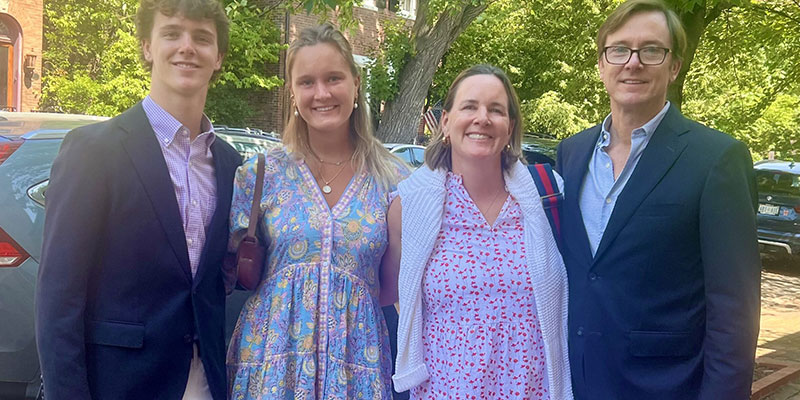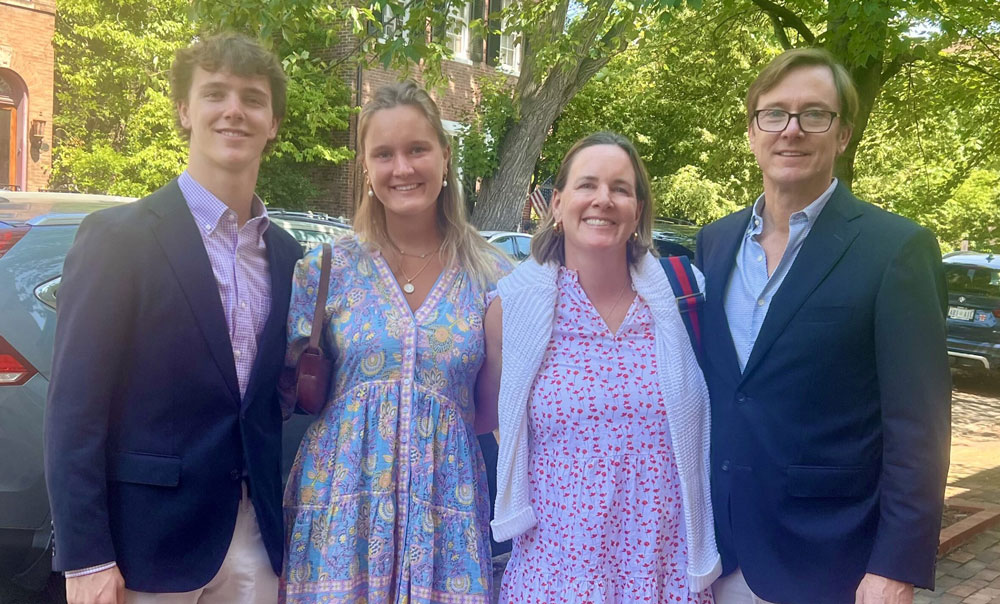
The Philanthropy Practice = The Power of Thoughtful Giving for Community Transformation
Philanthropy done well isn’t an afterthought — it’s a meaningful investment in a stronger future for your community and for yourself. When giving is guided by intention and planning, it stops being charity and starts becoming a deeply personal strategy for change.
The plan begins with clarity: knowing what issues matter most to you and aligning your actions to create lasting impact. Strategic giving ensures every contribution — of money, time, or talent — becomes part of a larger effort to solve complex problems rather than offering short-term relief.
Strategic and Intentional Planning for Our Giving
For individuals, being mindful about giving cultivates purpose and emotional well-being. Research shows that people who reflect on their charitable acts report higher levels of happiness and fulfillment, a sense of connectedness, and a clearer sense of identity. Strategic philanthropy also brings practical benefits — from tax advantages and multigenerational legacy planning to opportunities to strengthen family bonds through shared decision-making.
Communities, in turn, gain not just funding but sustained engagement. When individuals plan their giving, they can support nonprofits in ways that stabilize services, build local leadership, and tackle systemic issues like education, health care, and equity. The true expertise of nonprofits, and their ability to be the connector between funders and communities, allows for greater understanding of what the needs are and how funders can work with nonprofits toward solutions.
And on a larger scale, widespread, well-directed generosity fuels innovation and resilience across the economy. Philanthropy provides risk capital for social progress — funding the ideas, programs, and people who move society forward when public systems can’t move fast enough.
Given all of the Benefits, Why aren’t more philanthropists doing this?
So if there are all of these benefits, why aren’t more individuals and foundations doubling down on this? Focusing and planning is hard, it isn’t the norm, and honestly, no one is really pushing funders to change their practices. We ask nonprofits for evidence, accountability, reduced spending on overhead, programmatic deliverables in one year and many times, we don’t ever ask the question what does our community need? Local community foundations are wonderful resources to broaden your knowledge and awareness, as are consultants like us who offer an unbiased, non placed-based review and support for your planning.
Intentional philanthropy, then, is not only about what or how much we give, but how we do it — thoughtfully, strategically, and in alignment with our values. It’s the difference between good intentions and lasting impact.






